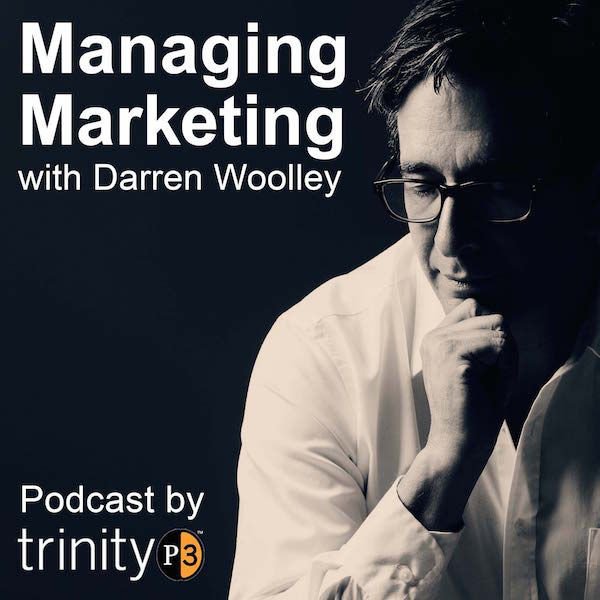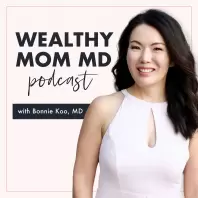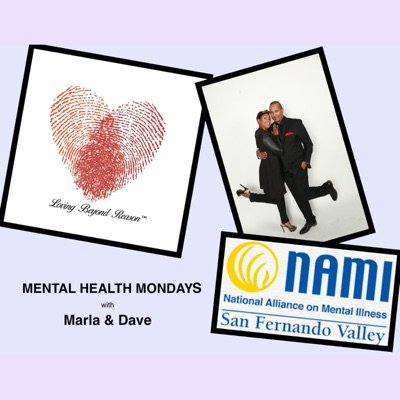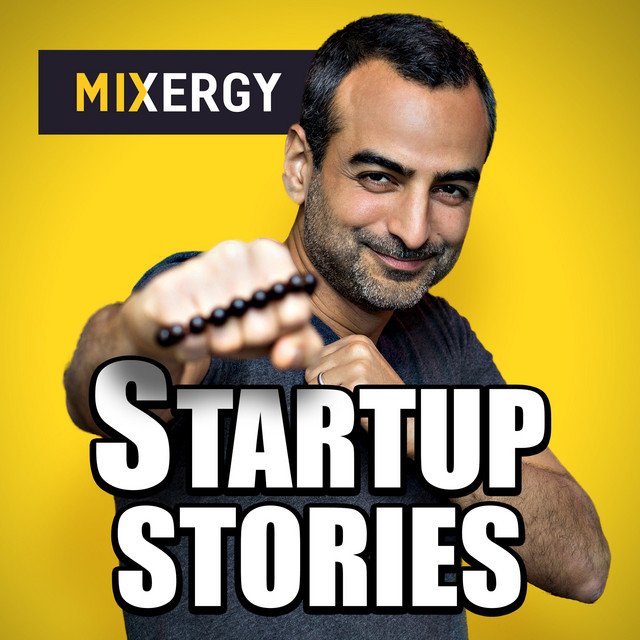Similar Podcasts
Yoga Boss: Business Coaching for Yoga Teachers, hosted by Jackie Murphy.
Managing Marketing is a weekly podcast.
Biz Success In 15 podcast, hosted by Cindy J. Holbrook.
Software Engineering Daily features daily interviews about technical software topics.
The Soul of Life, a transformative podcast hosted by Keith Miller.
The Wealthy Mom MD Podcast, hosted by Bonnie Koo, MD.
Mental Health Mondays podcast is hosted by a real-life, married couple - Marla and Dave Thomas.
"Startup Stories - Mixergy" hosted by Andrew Warner.
"The Ceres Podcast," is brought by Ceres | Pure Food Innovation.










